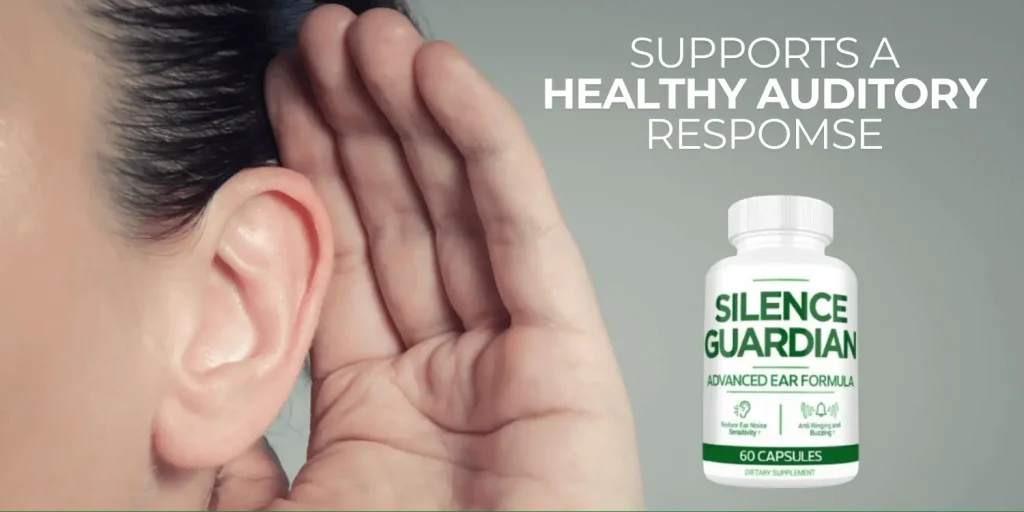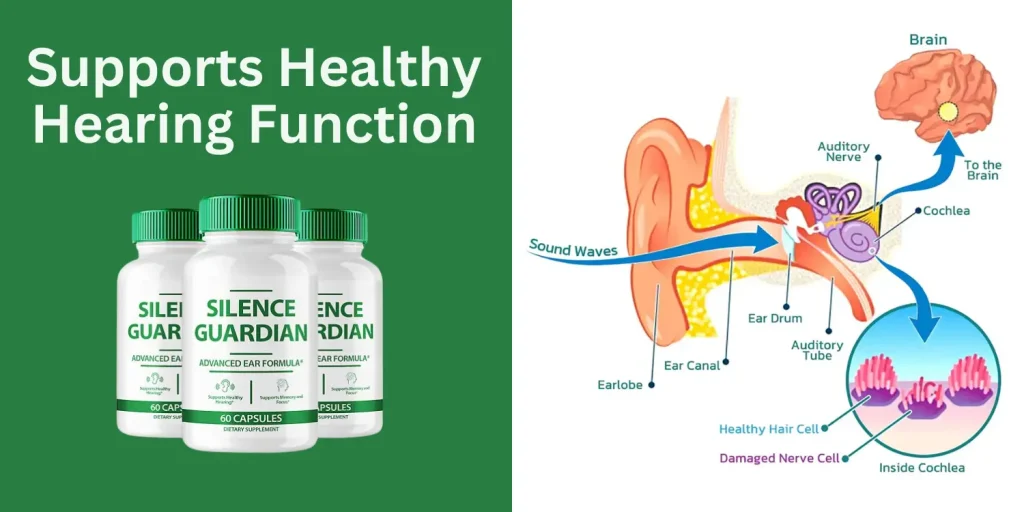Which is the best tablet for Tinnitus?
The choice of a tablet should not be based on its general characteristics but with considerations towards tinnitus treatment and time-effective sound therapy. Thanks to those attributes, some people find the Lenovo Yoga Smart Tab to be one of the most suitable tablets for those who have tinnitus. It comes with integrated JBL speakers with support for Dolby Atmos included, which gives the sound quality that is so desired while using white noise or calming noises to those suffering from tinnitus.
A smart tab with a nice kickstand design and with support for Google Assistant, it is easy to employ for such uses as sound therapy, meditation, and guided relaxation applications, such as the Yoga Smart Tab. Although its battery durability ensures constant use throughout the day, the FHD 10.1 ”touch screen provides detailed visual experience on tinnitus applications.
Two other appropriate tablets are the iPad from Apple and the Galaxy Tab S series from Samsung because they are smooth to operate with tinnitus applications and are famous for their high-quality sound. Finally, a perfect tablet must have one of the best and clearest sound, compatibility of its applications, and easy-to-understand features.

What is the most successful treatment for tinnitus?
Because tinnitus has no universally effective cure, the best strategy is to vary according to the scenario. However the current opinion holds that it is effective when used along with another technique known as sound therapy & cognitive behavioral therapy (CBT). Sound therapy is the ability of the brain to focus on external sounds as a way of eliminating the internal noise through cancellation, substitution or modification of the tinnitus through the use of soothing sounds, white noise or individual sound customization. This technique can be helped by instruments such as specific noise generator or hearers.
CBT for tinnitus treatment then focuses on managing tinnitus-related emotional issues in an endeavor to change how people deal with tinnitus, thus reducing anxiety levels while increasing quality of life. Counseling in combination with sound treatment through Tinnitus Retraining Treatment (TRT) helps most of the patients to develop a good feeling of comfort by retraining the brain to consider the ringing as an insignificant sound.
Lifestyle modification may also affect improvement, such as reductions in stress, sleep deprivation, caffeine, and loud noise.

What is the permanent cure for tinnitus?
Because tinnitus is often more of a sign of something else rather than a disease in its own right, there is to this date no one cure for tinnitus that would be considered definitive. However, many therapies and management methods exist that can significantly reduce the impact of such disease and improve the quality of a patient’s life. The best long-term approach is actually Tinnitus Retraining Treatment, or TRT, which involves sound therapy and audiologic counseling. It helps the brain to become progressively desensitized to what seems to be just a buzzing or ringing noise.
The improvement of the emotional result due to tinnitus is also provided in cognitive-behavioral therapy (CBT), which increases the level of lessening of anxiety and improvement of coping skills. Hearing aids use external sound to cover up internal noise for people with tinnitus caused by hearing loss. While they’re still under investigation, new promising therapies such as neuromodulation and brain stimulation are worth considering
Changes in lifestyle, including stress control, noise reduction, and care of the ear, are also desirable. This is easily seen from how a comprehensive approach by a team of doctors greatly improves the quality of life of many patients with tinnitus, even if a cure is not yet forthcoming.
How do I stop ear ringing fast?
Since tinnitus is often a reflection or a sign of another disease, a cure for tinnitus has not been universally recognized at the present time. However, this nerve condition can be mitigated by a few therapies and management processes, significantly improving the patient’s quality of life. Probably the most effective long-term solution is the TRT, which stands for Tinnitus Retraining Treatment, which uses sound therapy and counseling. It helps to practice the brain’s gradual exclusion of the sound that seems to be buzzing or ringing.
The feeling that accompanies tinnitus is also treated by CBT, which reduces patient’s anxiety and improves their coping mechanisms. Hearing aids can improve tinnitus caused by hearing loss since they fill the internal noise with exterior sounds. While these therapies are still under investigation, new attractive ones include neuromodulation and brain stimulation techniques.
In addition to surgical and medical treatments, there are options, which are changes in lifestyle, including stress management, recognition and control of noise exposure, and other ear health activities. Cost-effective and all-embracing tinnitus treatment significantly improves the lives of numerous affected persons despite not offering a cure.

Does tinnitus affect the brain?
Of course, tinnitus involves the brain, while being associated more with cerebral activity than being a simple problem with the ears. Due to hearing loss or nerve damage, tinnitus forms when the brain interprets signals coming from the auditory system in an improper way or with heightened intensity. This creates the illusion of hearing ringing, buzzing, or other sounds as if there is noise around, even when in actual sense there isn’t.
Chronic tinnitus may also change brain areas that are responsible for attention, focus, and mood: auditory, limbic, and prefrontal zones. The brain devotes its attention to eliminating the undesired noise, which may result in heightened stress, anxiety, and manic anxiety disorders.
Also, tinnitus may lead to neuronal remodeling or changes in how neurons signal to other neurons. There always tends to be increased brain activity and the distinguished capability to filter out many auditory signals in chronic cases. Volitional cognition, as well as symptoms, can be relieved by eradicating these effects through stress reduction, sound therapy, and cognitive-behavioral therapy (CBT).
